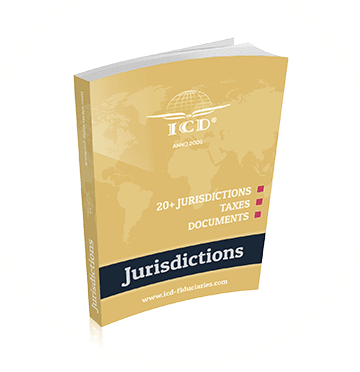Starting a business in Dubai offers numerous advantages, such as strategic location, business-friendly environment, and various economic zones. This article delves into the detailed steps, options, and requirements you need to know for creating a company in Dubai. Whether you’re an individual entrepreneur or a corporation looking to expand, understanding the different facets of this process is essential for success.
Understanding the Business Landscape in Dubai
Why Choose Dubai?
Dubai’s strategic geographic location makes it a global hub for trade and commerce. The emirate offers a plethora of opportunities for both local and international investors due to its robust infrastructure, liberal economic policies, and attractive tax exemptions. According to the Department of Economic Development (DED), foreign investors are entitled to own 100% of their companies under certain conditions, particularly in Free Zones.
Types of Business Entities
Before embarking on your entrepreneurial journey in Dubai, it’s vital to understand the types of business entities available:
- Limited Liability Company (LLC): Ideal for small businesses, requiring at least two shareholders and offering straightforward regulations.
- Sole Proprietorship: Suitable for individuals who want full control over their business but with liable personal assets.
- Free Zone Companies: These companies provide 100% foreign ownership and tax benefits but may have trading limitations outside designated zones.
- Branch Office: Allows an existing company to operate in Dubai without being a completely separate entity.
Steps to Create a Company in Dubai
Selecting Your Business Activity
The first step involves deciding on the type of business activity you wish to engage in. Dubai offers a wide range of activities from retail, consultancy, manufacturing, to real estate. Each category has specific requirements and approval processes from different regulatory bodies. Ensure that your chosen activity aligns well with your business objectives and market demand.
Choosing the Right Location
Location plays a crucial role in the success of your business. Dubai offers several options:
- Mainland: Offers access to the local market but often requires a local sponsor owning 51% of the shares.
- Free Zones: Provide full foreign ownership, easier visa processes, and simplified import/export procedures. Examples include Jebel Ali Free Zone (JAFZA) and Dubai Multi Commodities Centre (DMCC).
Registering the Trade Name
Your trade name should reflect the nature of your business while adhering to the guidelines set by the DED. Ensure your chosen name is unique, non-offensive, and free of religious references. Submit a trade name registration to the DED to secure your brand identity in the region.
Legal Structure and Documentation
Based on your business activity and location, you will need to prepare various legal documents. For instance:
- Memorandum of Association (MOA): Governs the terms between stakeholders in LLCs.
- Articles of Incorporation: Required for Free Zone companies, outlining operational frameworks and stakeholder roles.
- Lease Agreement: Proof of a physical address for your business premises.
- NOC from Current Sponsor: If applicable, for expatriates wishing to start their own business.
Licensing Requirements
Different business activities necessitate distinct licenses. Common types include:
- Commercial License: For general trading companies.
- Professional License: Suitable for service-based businesses like consultancy.
- Industrial License: Issued for manufacturing or production units.
Submitting the required documents to the relevant department ensures compliance and allows for smooth business operations.
Economic Considerations and Costs
Financial Planning and Budget
A robust financial plan helps forecast expenses and manage risks. Key components include:
- Initial Capital Requirements: Varies based on the chosen entity; for instance, setting up an LLC typically demands higher capital compared to a sole proprietorship.
- Operational Costs: Cover rent, employee salaries, utilities, and other administrative expenses.
- Unforeseen Expenditures: Always budget for unexpected costs that might arise during the setup process.
Funding Options
Various funding avenues can facilitate your business setup:
- Personal Savings: Suitable for smaller ventures with lower capital requirements.
- Venture Capitalists: Attract external investors willing to fund innovative initiatives with significant growth potential.
- Bank Loans: Available for established companies seeking additional funds for expansion.
- Government Grants: Provided by the UAE government to encourage entrepreneurship within specific sectors. Organizations like Khalifa Fund offer substantial support to new startups.
Additional Steps Post-Company Formation
Opening a Corporate Bank Account
Having a corporate bank account simplifies financial transactions and enhances credibility. Ensure compliance with banking requirements including submission of necessary documentation like passports, license copies, and shareholder information.
Hiring Workforce
Securing the right talent forms the backbone of your company’s success. Key considerations include:
- Obtaining Work Permits: Necessary for expatriate employees to legally work in Dubai.
- Comprehensive Recruitment Process: From job postings to background checks and interviews, hiring must be thorough, matching skills to business needs.
Marketing and Promotion
Effective marketing introduces your business to the target audience. Techniques include digital marketing, traditional advertising, and networking events. Leverage social media platforms to build awareness and drive engagement among potential customers.




 8.00–17.00
8.00–17.00





